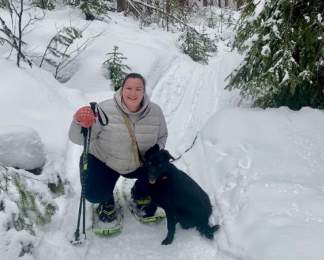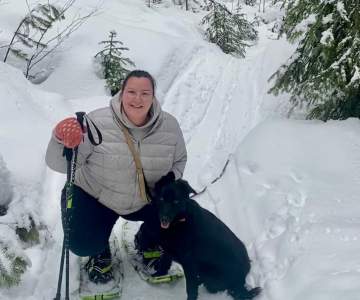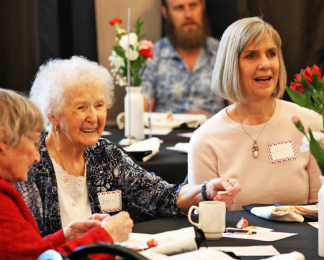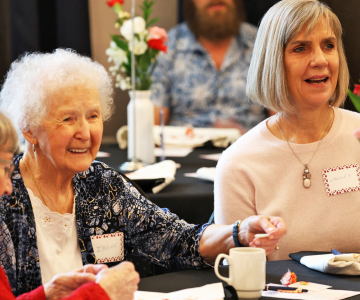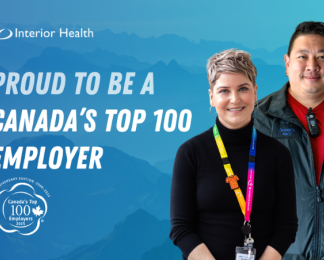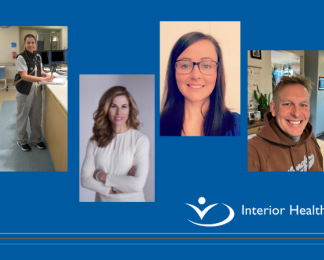Nelson resident Paul Burgener has had plenty of experience with the health-care system, both as a patient and as an advocate for making improvements to the patient experience.
Diagnosed with prostate cancer, Paul had surgery to remove the cancer almost five years ago, when he travelled from Nelson to have the procedure done at Vancouver General Hospital. Driving to Vancouver from Nelson was a exhausting and costly adventure which included nearly 1,300 kilometres of driving through two mountain passes as well as two nights in a hotel room.
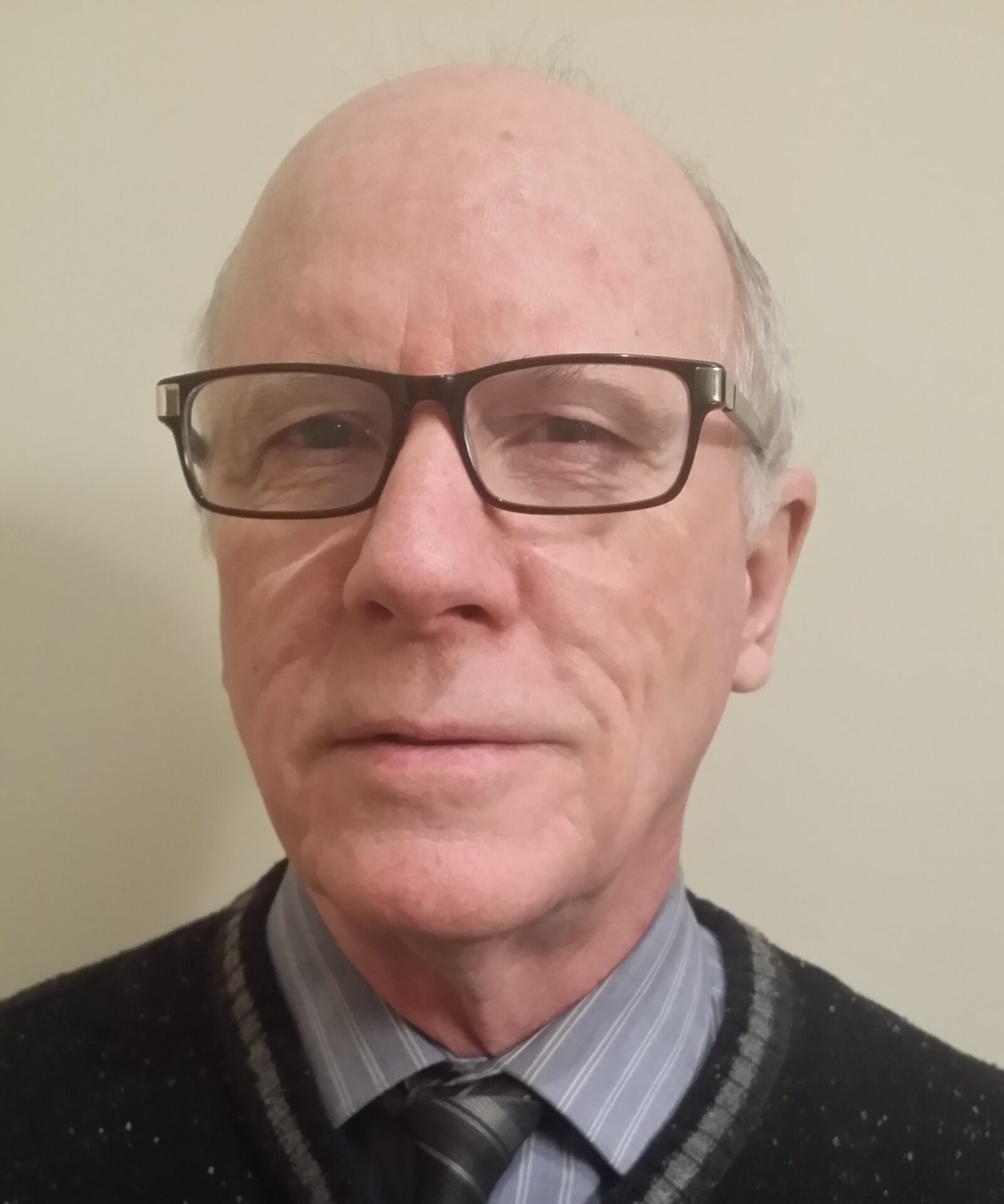 Paul Burgener
Paul Burgener
So when Paul’s PSA (prostate-specific antigen) levels were showing an increase last year, he was hopeful a follow up conversation with his physician could be done via the phone. At first he was requested to attend in person, however soon after the COVID-19 pandemic hit he was offered a virtual appointment.
“I found it really beneficial,” says Paul who had a blood test in Nelson but received the results in a virtual appointment. “It preserved my health and it preserved my safety as I didn’t have to drive in snowy conditions. As it turned out, we were able to view the results and everything was stable so it was good news for me.”
Paul’s appointment is a good example of how health care has changed during the COVID-19 pandemic. Statistics show that only 10 per cent of people in Canada have experience with virtual care while 41 per cent of patients would like to have virtual visits.
It certainly was the case with Paul, who avoided a costly journey to Vancouver to receive his test results.
“I thought it was about time. I’m 75-years-old so I’m not in the young generation that is all about social media, but myself, my wife and our friends, we all thought the virtual appointments were great. It was convenient. From my house in Nelson, it takes an hour to get to the hospital on public transit. On the virtual side of things, I have someone there that I can discuss it with and they can understand whether it’s serious or not and what the next steps are.”
How to prepare for a virtual appointment:
- Find the right location (private, comfortable, free of distractions, brightly lit)
- Earphones or headphones (for better audio quality and privacy)
- Glasses, hearing aids or other accessibility devices
- Your B.C. health insurance number
- Computer, smart phone or tablet (fully charged or plugged into a power source and connected to the Internet)
- Download software or an application (your healthcare provider may ask you to download software or an application for your visit)
- Test your equipment (make a practice call to ensure video/audio equipment and settings are working)
- Optional: a family member or friend to assist with translation or health knowledge
Be ready to discuss:
- Symptoms (What are your symptoms? When did they start? How severe are they and how are you managing them?)
- Key health data (weight, temperature, home blood pressure and any other health data you monitor)
- Current medications, vitamins and allergies
- Current health prevention and treatment activities (relevant health history, functional issues, assistive devices, past traumas, past surgeries or hospitalizations, and immunizations)
- Immediate family history (parents and siblings)
- Your care team members


